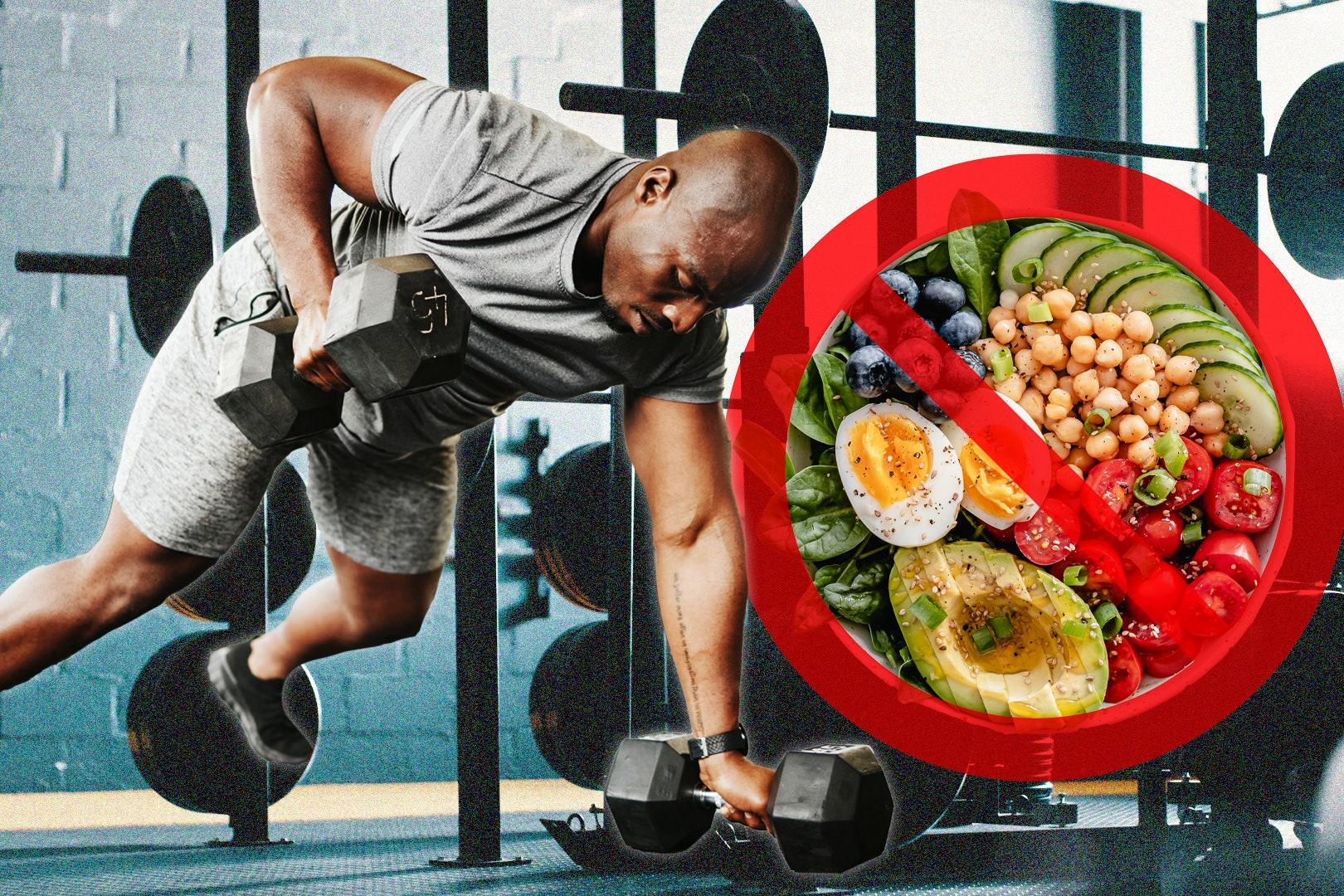Maximizing the results of your workouts requires more than just dedication and a well-structured exercise routine; it demands a strategic approach to nutrition as well. Nutrient timing, the science of knowing what to eat and when, can significantly enhance your performance and recovery, helping you achieve your fitness goals more efficiently. By understanding the optimal times to consume proteins, carbohydrates, and fats, you can fuel your body for peak performance, accelerate muscle repair, and improve overall health. In this guide, we’ll explore the principles of nutrient timing and provide you with actionable strategies to synchronize your diet with your workout regimen, ensuring you get the most out of every session. Whether you’re a seasoned athlete or a fitness enthusiast, mastering nutrient timing is a powerful tool in your arsenal for achieving superior results.
Understanding the Science Behind Nutrient Timing
Nutrient timing is a strategic approach to eating that focuses on the timing of nutrient intake to optimize the body’s response to physical activity. Research has shown that the body responds differently to nutrients at various times of the day, particularly around workouts. This means that when you consume certain macronutrients can be just as important as how much you consume.
- Pre-Workout: Eating a meal rich in carbohydrates and protein about 1-3 hours before exercising can help fuel your body, improve performance, and prevent muscle breakdown.
- During Workout: For sessions longer than 60 minutes, consider a carbohydrate supplement to maintain energy levels and endurance.
- Post-Workout: Consuming protein and carbohydrates within 30 minutes to two hours after exercise can enhance muscle recovery, replenish glycogen stores, and promote muscle growth.
By understanding and implementing these strategies, you can maximize your workout results and support your fitness goals more effectively.

Strategic Pre-Workout Nutrition for Optimal Performance
To achieve peak performance during your workouts, aligning your nutrient intake with your training schedule is essential. Consuming the right nutrients at the right times can significantly enhance your energy levels, focus, and recovery. Here’s how you can strategically plan your pre-workout nutrition for maximum impact:
- Carbohydrates: Prioritize complex carbohydrates like oats, whole grains, and sweet potatoes about 1-2 hours before exercising. These slow-digesting carbs provide a steady release of energy, ensuring you have the stamina to power through your session.
- Proteins: Incorporate lean proteins such as chicken, fish, or a plant-based option like lentils to support muscle repair and growth. Aim to include these proteins in your meal or snack around the same time as your carbs.
- Hydration: Don’t underestimate the power of hydration. Drinking water or an electrolyte-rich beverage before your workout helps maintain fluid balance and prevents fatigue.
- Timing: If you’re short on time, a small, balanced snack 30 minutes prior can also be effective. Consider options like a banana with a scoop of peanut butter or a protein shake with a handful of nuts.
By fine-tuning your pre-workout nutrition, you can elevate your exercise efficiency, boost endurance, and enhance recovery, allowing you to consistently perform at your best.
Post-Workout Recovery: Essential Nutrients and Timing
After a demanding workout, your body craves the right nutrients to repair muscles, replenish energy stores, and reduce soreness. Prioritizing protein, carbohydrates, and healthy fats in your post-exercise meal can significantly enhance recovery. Here’s a quick guide on what to include:
- Protein: Essential for muscle repair and growth. Opt for sources like chicken, fish, tofu, or a high-quality protein shake.
- Carbohydrates: Replenish glycogen stores with whole grains, fruits, or starchy vegetables.
- Healthy Fats: Support hormone production and cell health. Include avocados, nuts, or olive oil in your meal.
Timing is key. Aim to consume your post-workout meal within 30 to 60 minutes after exercising. This window is when your body is most receptive to nutrients, maximizing muscle recovery and glycogen replenishment. Pair this approach with adequate hydration to further enhance recovery, ensuring you’re ready to tackle your next workout with vigor.
Customizing Your Nutrient Timing for Different Fitness Goals
To effectively harness the power of nutrient timing, it’s essential to align your intake with your specific fitness objectives. Whether you’re aiming to build muscle, enhance endurance, or shed fat, tailoring your nutrient schedule can significantly impact your results.
- Muscle Building: Focus on consuming protein-rich foods and carbohydrates both before and after your workouts. Pre-workout carbs can provide the energy needed for intense lifting sessions, while post-workout protein supports muscle recovery and growth.
- Endurance Enhancement: Prioritize a carbohydrate-rich meal a few hours before your long-distance runs or cycling sessions to ensure sustained energy levels. Post-exercise, replenish glycogen stores with a balanced mix of carbs and proteins to aid recovery.
- Fat Loss: To maximize fat burning, consider training in a fasted state or consuming a light, protein-focused snack beforehand. Post-workout, opt for a meal high in protein with moderate healthy fats to keep you satiated and aid in muscle maintenance.
Adjusting your nutrient timing not only optimizes performance but also helps in achieving your desired physique more efficiently. Remember, personalization is key—listen to your body and make tweaks as needed to align with your unique goals and lifestyle.




